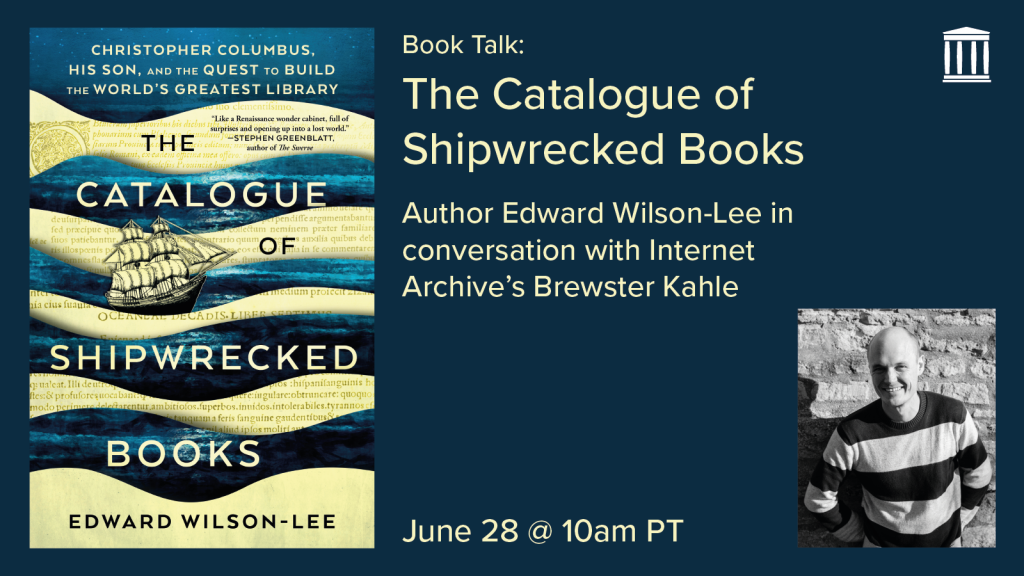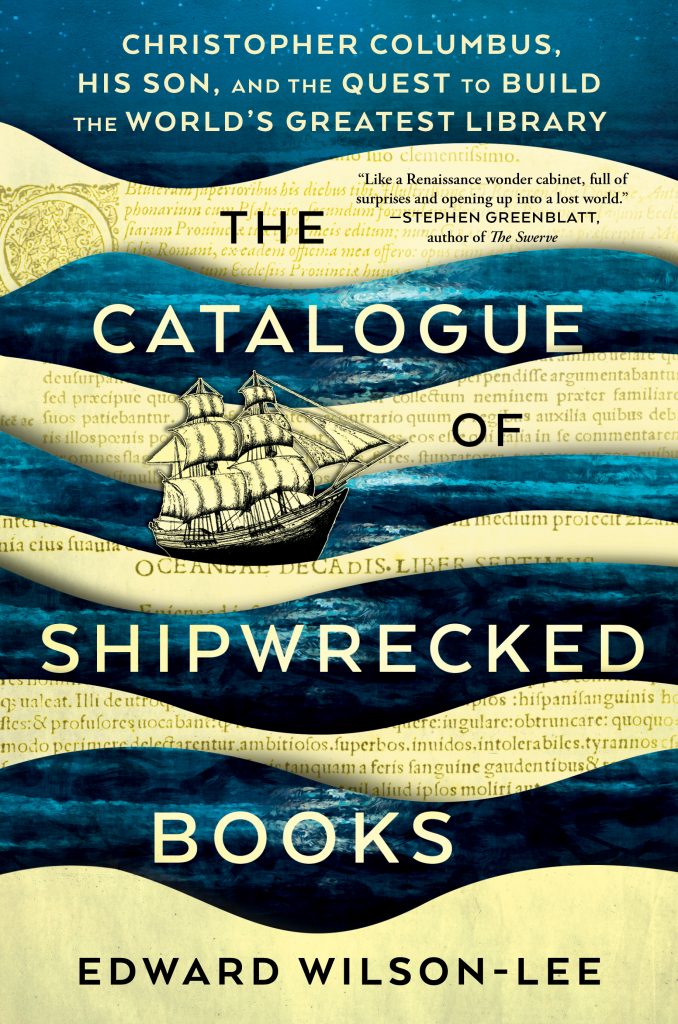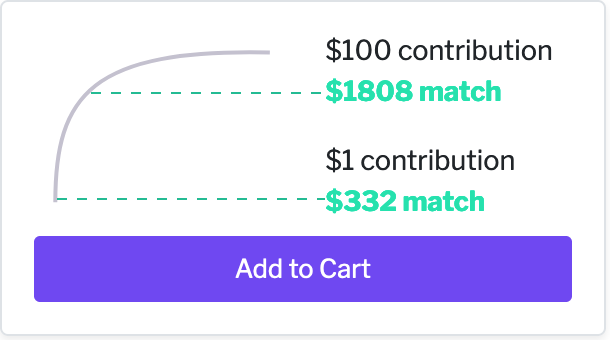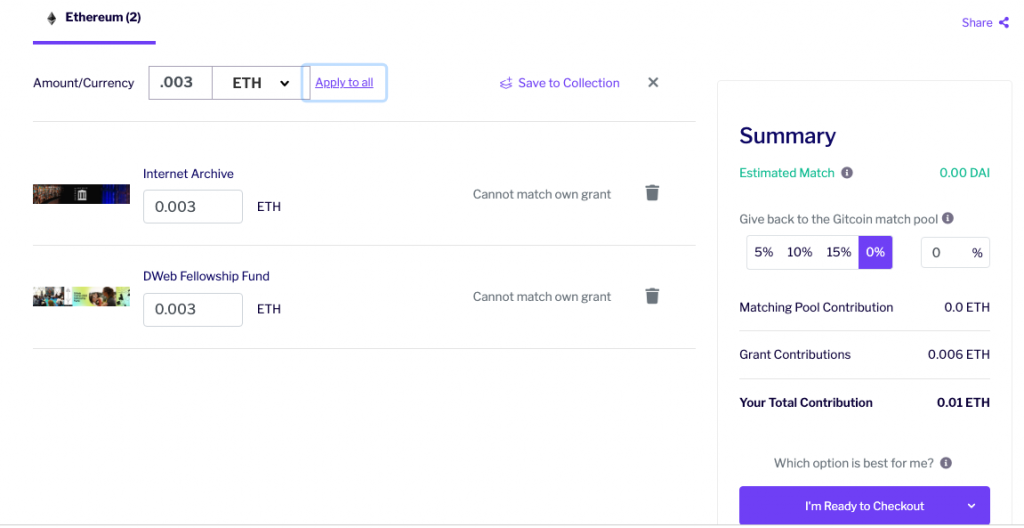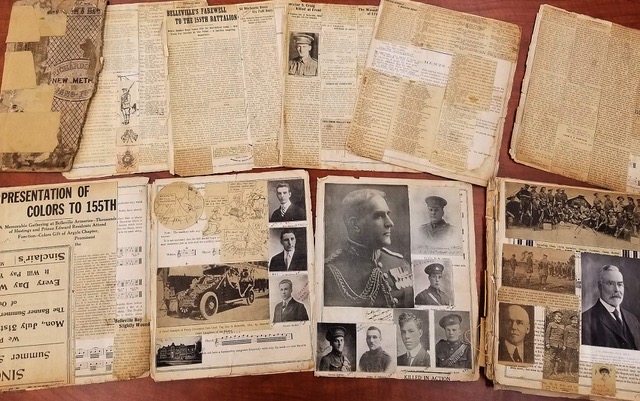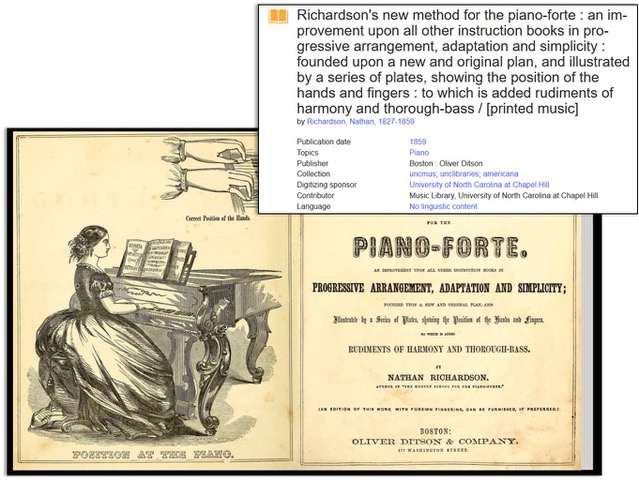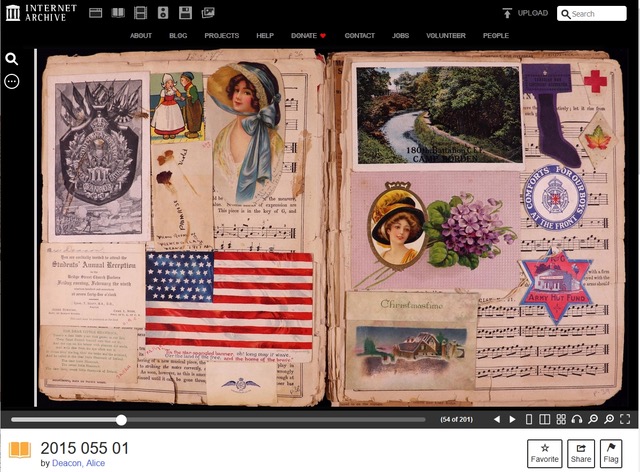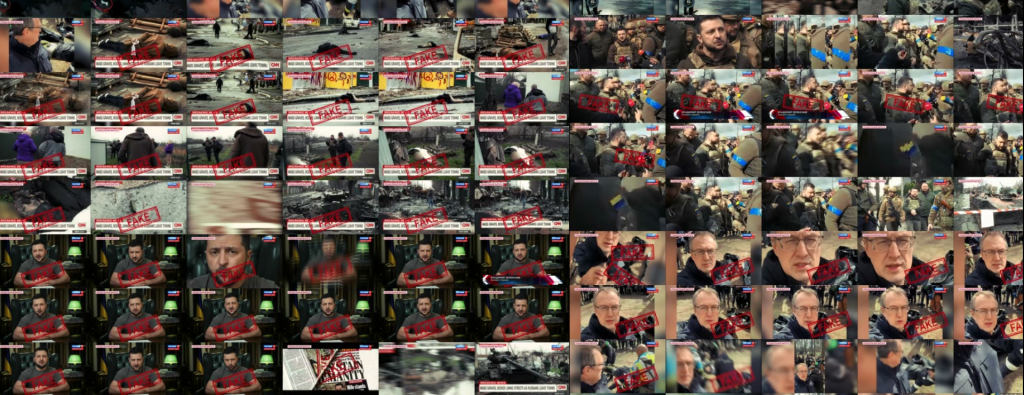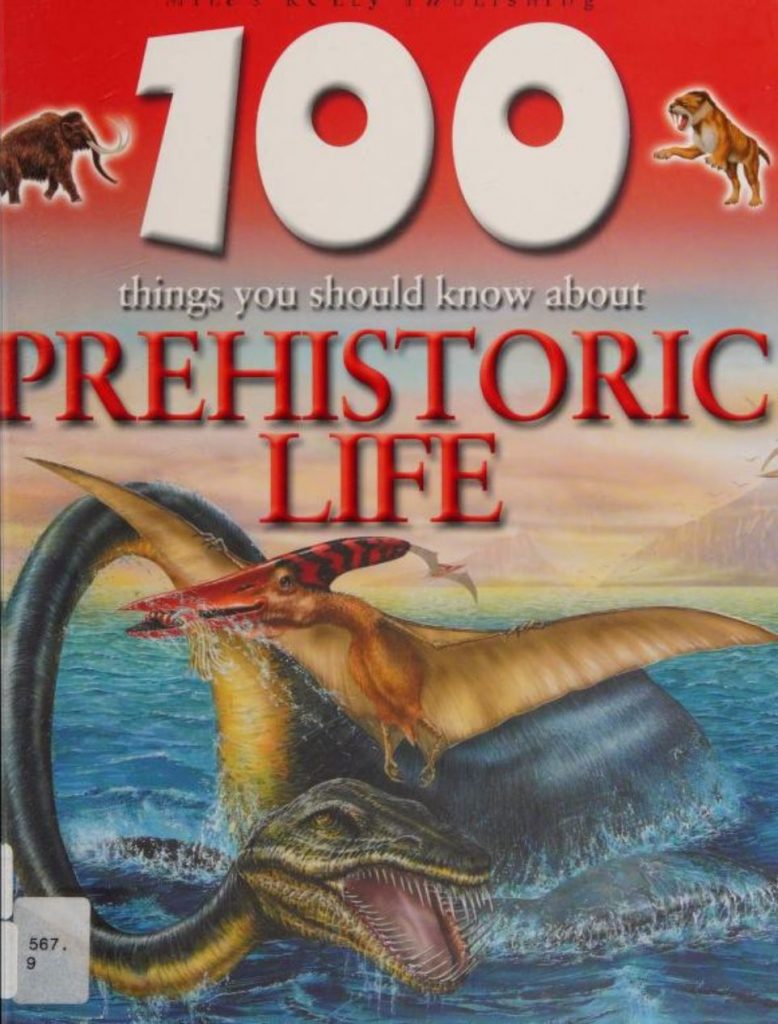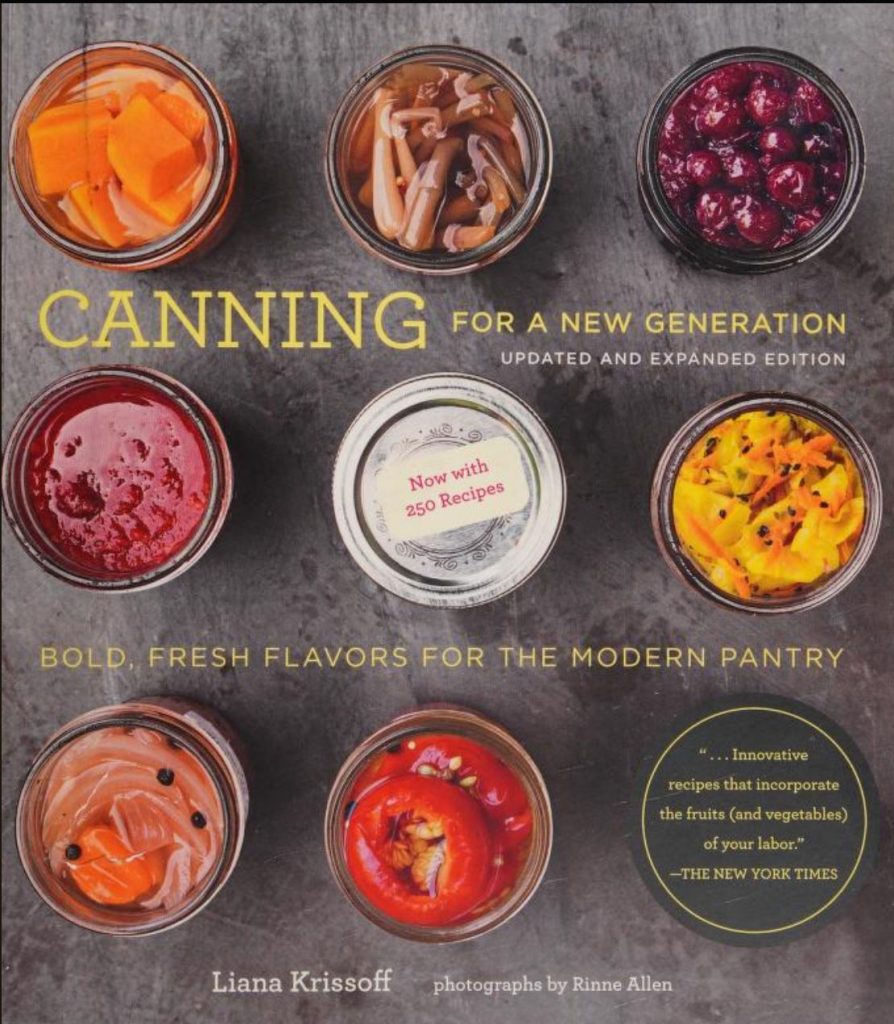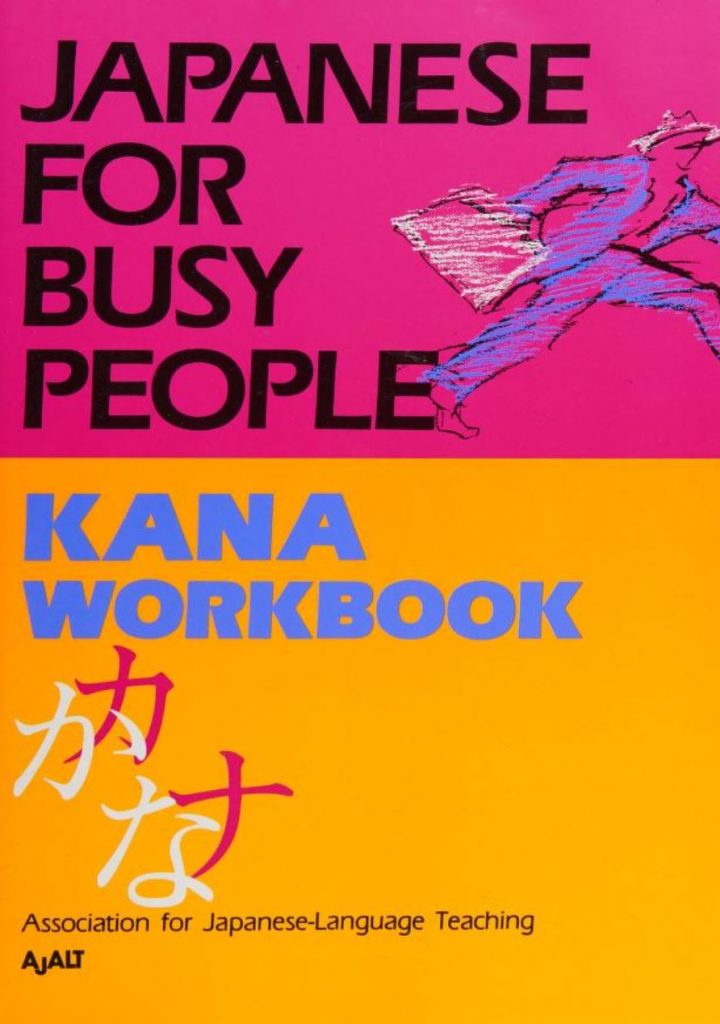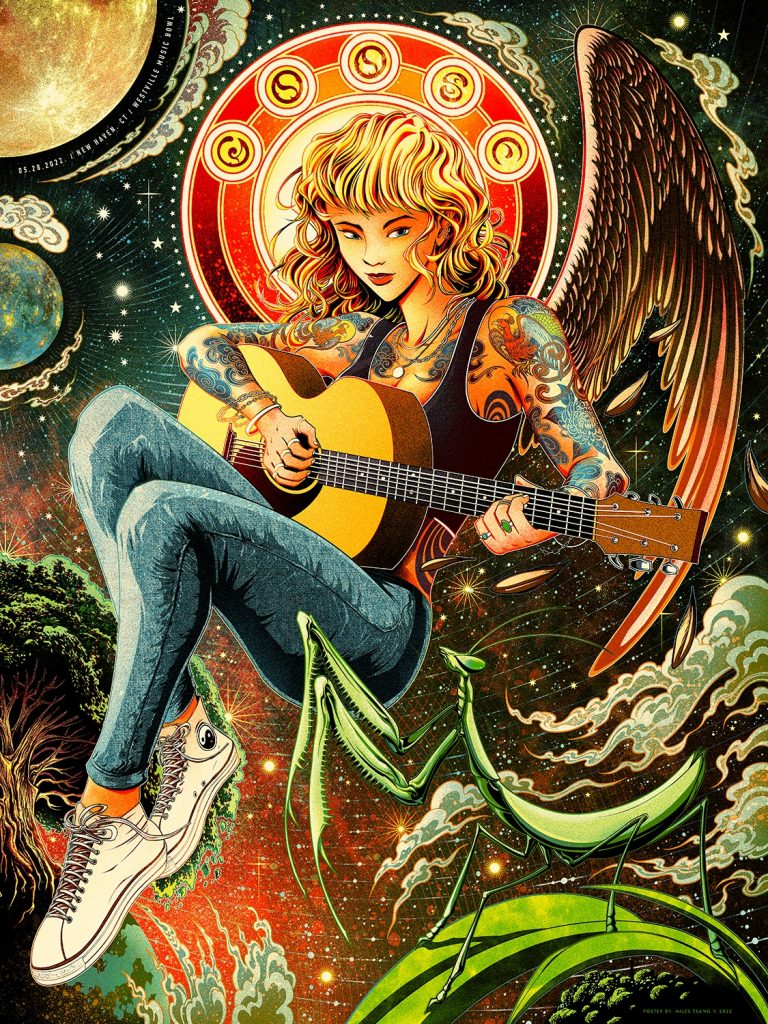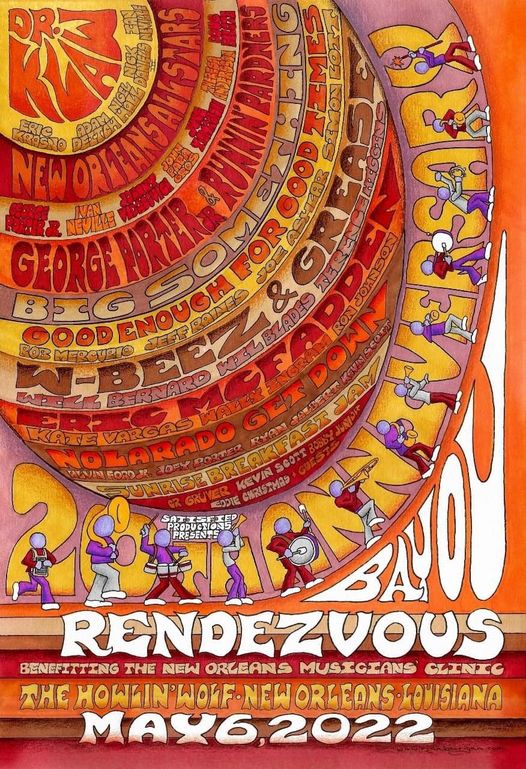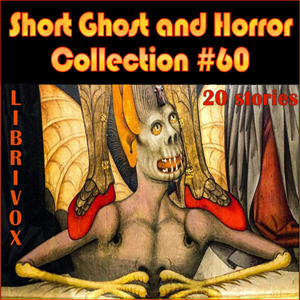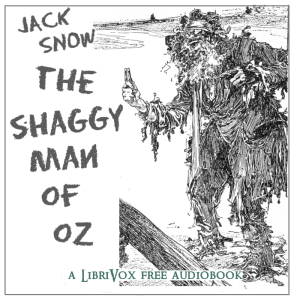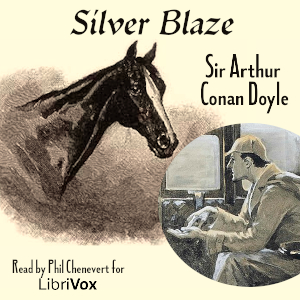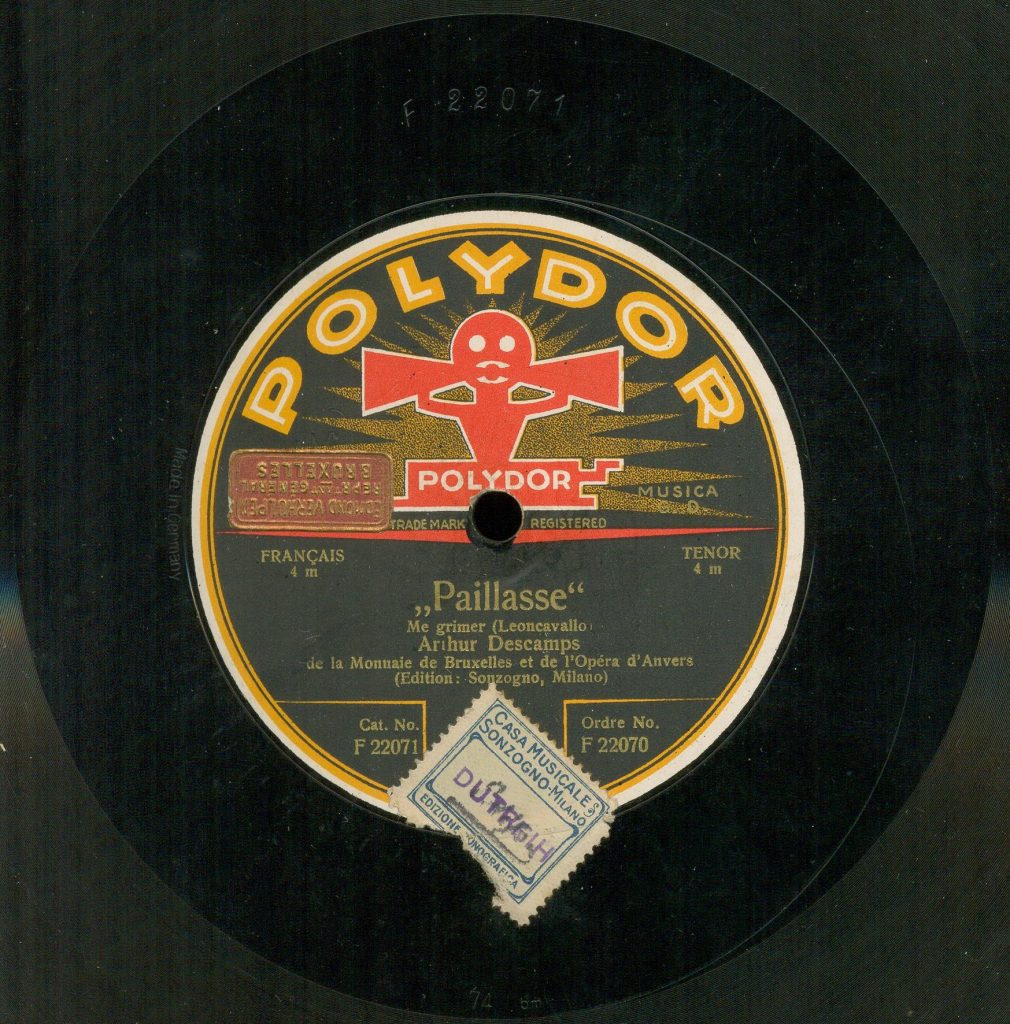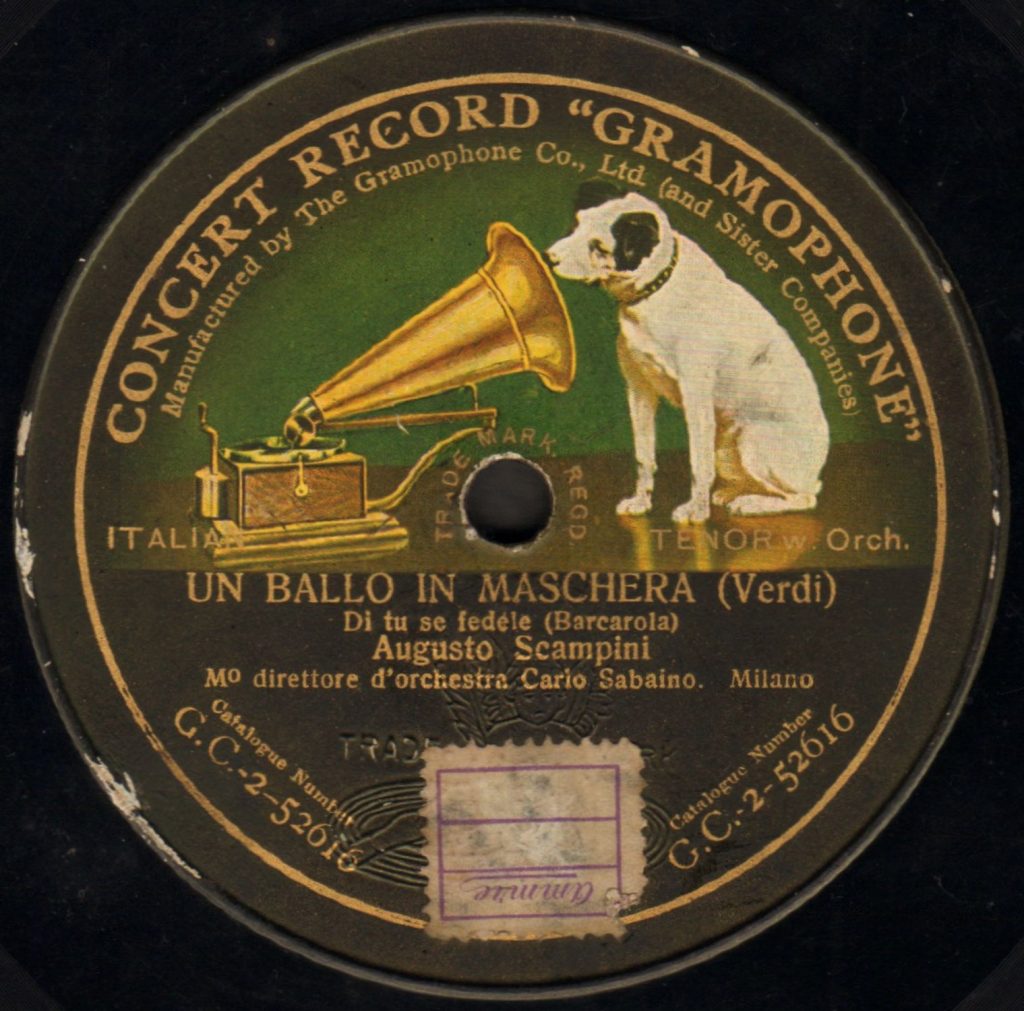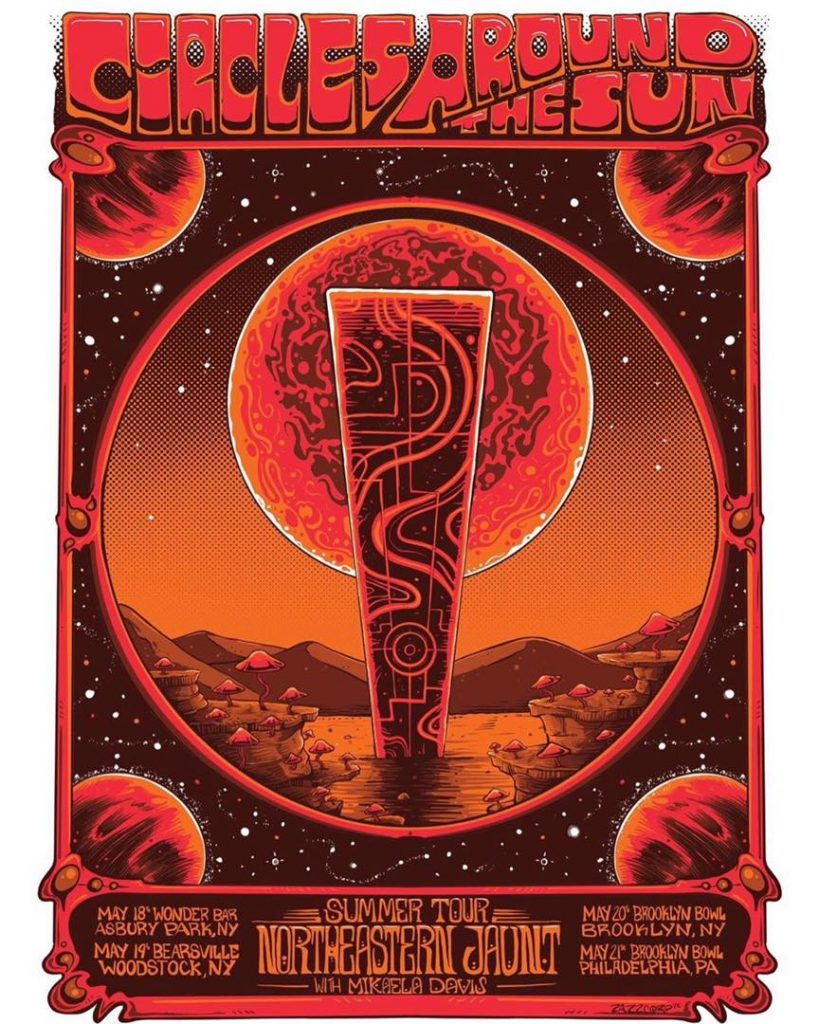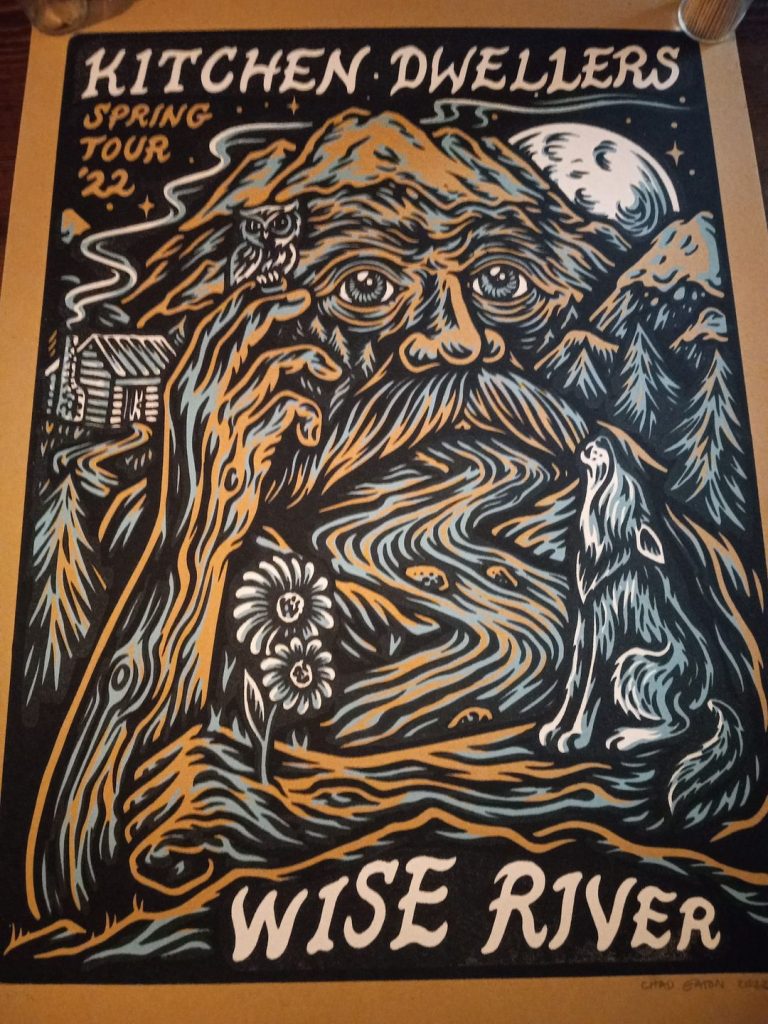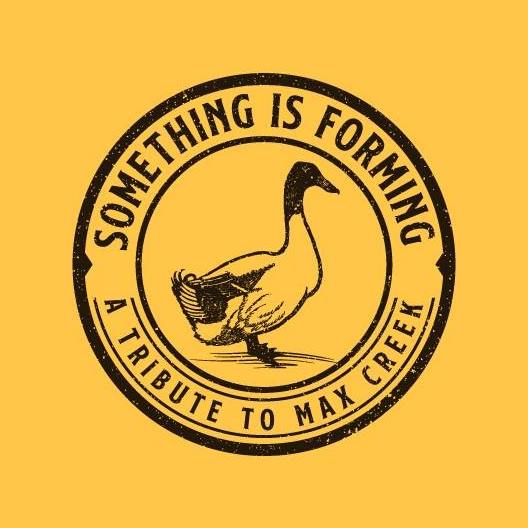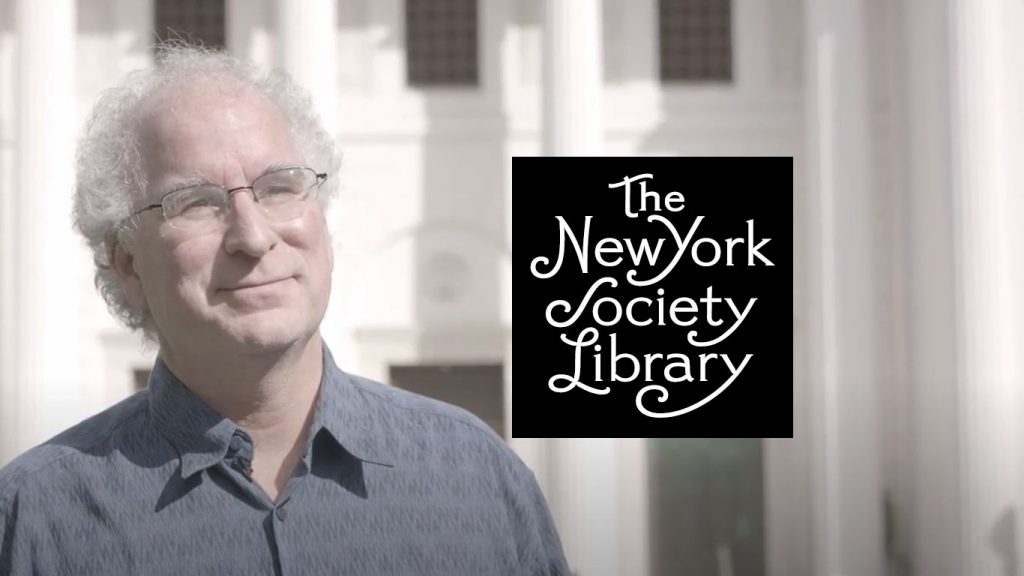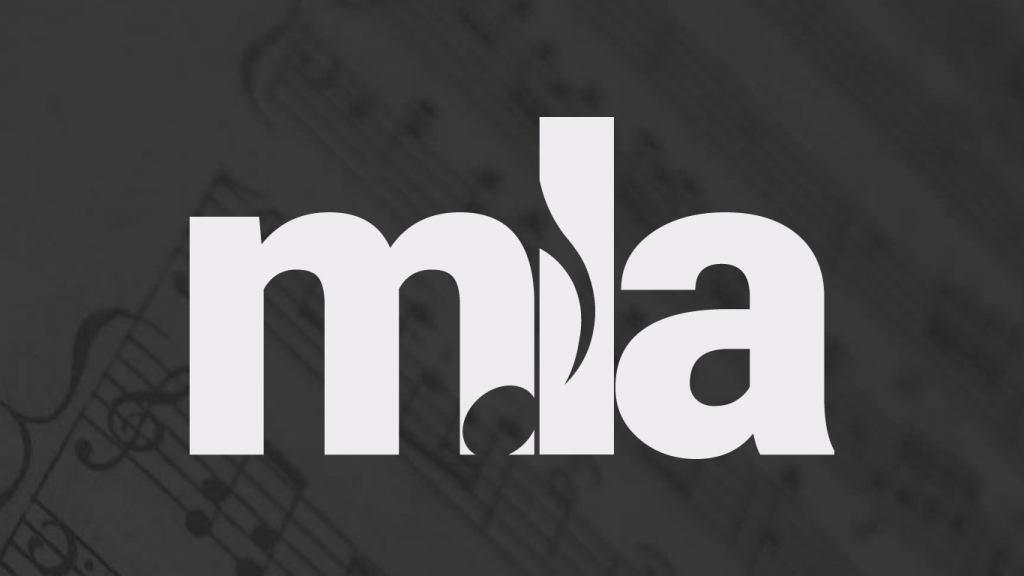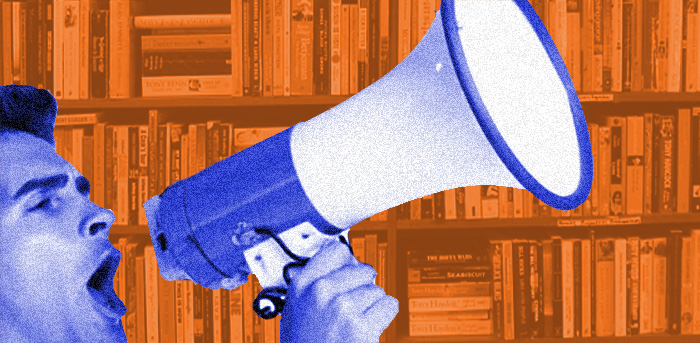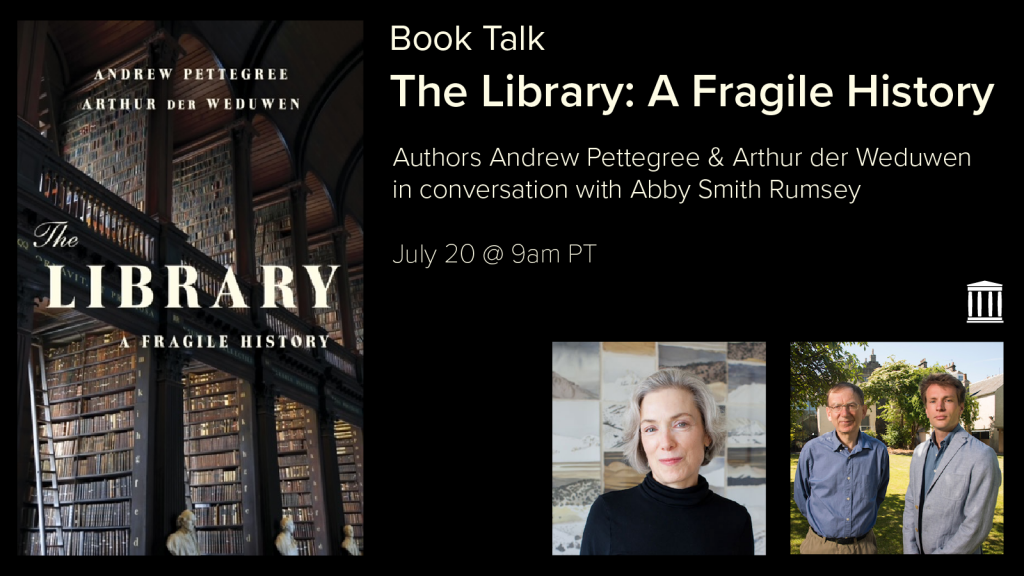
“A comprehensive and fascinating deep dive into the evolution of libraries… Bibliophiles should consider this a must-read.”—Publishers Weekly
Perfect for book lovers, this is a fascinating exploration of the history of libraries and the people who built them, from the ancient world to the digital age.
Join historian Abby Smith Rumsey for a book talk & conversation with Andrew Pettegree and Arthur der Weduwen, authors of The Library: A Fragile History.
Watch session recording:
Many have decried the perilous state of the library in the 21st century, a situation that was made only worse when public libraries across the world were forced to shut their doors in the face of a global pandemic. But across centuries of existence, libraries have faced ruin from war, fire, neglect, and dispersal—only to be reborn again.
In The Library, historians Andrew Pettegree and Arthur der Weduwen trace the extraordinary history of the institution, from the famed collections of the ancient world to the modern public resource of today. Along the way, they encounter the librarians, historians, readers, supporters and antagonists that have shaped the library and its offerings over centuries. Do libraries last? Register for our book talk to find out from the authors.
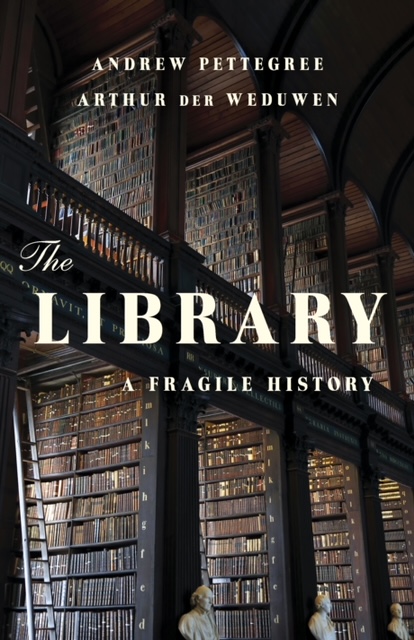
July Book Talk: The Library: A Fragile History
Historian Abby Smith Rumsey in conversation with authors Andrew Pettegree and Arthur der Weduwen.
July 20 @ 9am PT
Watch the event recording
ABOUT THE SPEAKERS:
Abby Smith Rumsey is a writer and historian focusing on the creation, preservation, and use of the cultural record in all media. She writes and lectures widely on analog and digital preservation, online scholarship, the nature of evidence, the changing roles of libraries and archives, and the impact of new information technologies on perceptions of history, time, and identity. She is the author of When We Are No More: How Digital Memory is Shaping our Future (2016).
Andrew Pettegree is Professor of Modern History at St Andrews University, where he directs the Universal Short Title Catalogue, a database of information about all books published before 1650. A leading expert on the history of book and media transformations, Pettegree is the award-winning author of several books on the subject. He lives in Scotland.
Arthur der Weduwen is a historian and postdoctoral fellow at St. Andrews, where he serves as an associate editor of the Universal Short Title Catalogue. This is his fifth book. He lives in Scotland.

